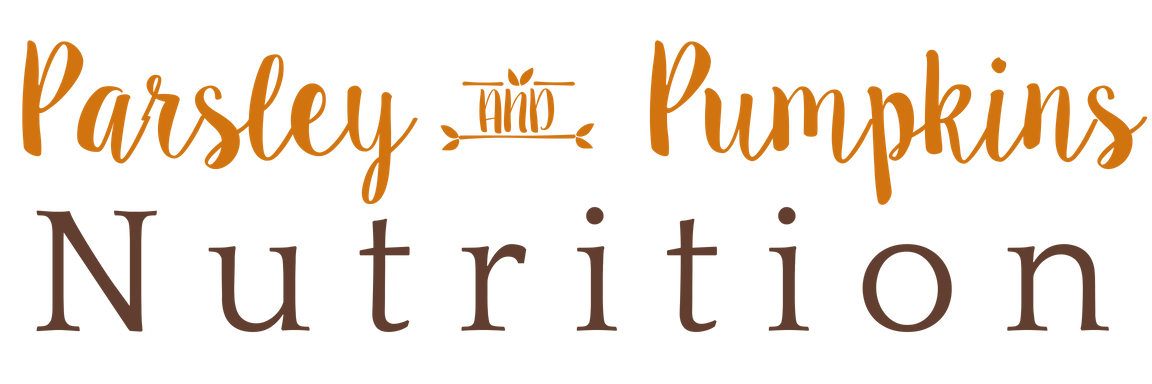How and Why You Need to Wash Your Produce
I don’t mind a little dirt.
It feels good to work outside and I see dirt under my fingernails as a sign of a day well spent. I’m also in the camp of people who believe that being exposed to nature is great for our immune systems. But that doesn’t mean it’s ok to be lax about our food safety. It’s especially easy to forget that fresh fruits and veggies can carry food borne illnesses just as often as meat and dairy.
Most everything I found online while doing research agreed that you don’t need to wash your produce until right before you eat it.
I’ve always used vinegar and water to wash my produce because I liked the idea of having a natural, not to mention super cheap, way to keep things clean. While I was doing research for this post I found out that the FDA actually does not recommend soaps, detergents, or commercial produce washes. I don’t know why, but I had assumed they would be on the side of soap. One point for vinegar!
Of course, vinegar isn't the only option. In all of the research I've done, here are all of the method's I've found to wash produce. All of these methods were suggested by people on forums and other bloggers. If you have a method that works for you and isn't on this list, let me know!
Plain running water. Yep. This is the method recommended by the FDA. Simply rinse under running water.
Vinegar water solution. You can use apple cider vinegar or plain white distilled vinegar.
Salt water. Salt is a natural preservative. Dissolve 1 teaspoon of salt per cup of water used.
Scalding water. A brief dip in very hot water can help to sanitize fruits and veggies that you plan to eat raw.
Baking soda and vinegar. If it works on your counter, why not a cucumber?
Grapefruit Seed Extract. Made from grinding up citrus seeds, GSE is thought to have animicrobial properties.
How do you know which methods really work?
After spending a lot of time researching these methods, I found this study done by the Institute of Agricultural and Environmental Research at Tennessee State University.
They contaminated lettuce, broccoli, apples, and tomatoes with listeria, one of the more common foodborne bacteria, and then washed them to find out which method worked the best to remove the listeria.
First, they soaked the produce for 2 minutes in 4 different solutions;
plain tap water
a commercial veggie wash solution
vinegar solution
lemon juice solution.
Second, they tried 4 different actions to assist the cleaning process;
rinsing under running water
rinsing and rub under running water
brushing under running water
wiping with a wet and a dry paper towel
There were two very interesting results at the end.
Wiping the produce after soaking wasn't as effective as rinsing the produce after soaking.
The lettuce soaked in the lemon and vinegar solutions wasn't any cleaner than the lettuce soaked in plain tap water.
They ended the experiment with this statement Here's a link to the study's summary.
“Therefore, educators and extension workers might consider it appropriate to instruct consumers to rub or brush fresh produce under cold running tap water before consumption.”
This was fascinating to me. I've been soaking my produce in a vinegar solution for years and I was all set to try out the salt water idea.
Something about the results just didn't seem right to me at first.
How can simply rubbing produce under running water be enough to get rid of bacteria?
I've been thinking about this all day and I've realized that the problem isn't with the method, it's in the way I think about bacteria.
I have this assumption that because these microscopic organisms are so small, right, they're microscopic, that nothing I can physically do would ever have any affect on them. You can't squish them like bugs. You can't physically move them. Right? You have to kill them. And to do that you need some kind of chemical, natural or man-made, to take care of the job. That's what the Clorox commercial says. Right?
I was talking to my husband about this and he wasn't surprised at all by the idea that you can just rinse off bacteria. He explained to me that that's pretty much what soap does.
Soap is a surfactant
It cleans things by lifting dirt, grime, and even little microscopic germs, off the surface of an object to be washed away. Soap, by itself, doesn't kill germs. I did not know that. Modern soap generally contains some secondary antibacterial chemical to work alongside the soap to lift germs from a surface, then kill them.
The thought behind soaking fruits and veggies in water with other things like vinegar or salt is that these chemicals will not only help to wash, but will also kill some of the more harmful bacteria. This would have been especially common back when most people got their water from a well. Thanks to advances in modern plumbing and water treatment, you and I don't have to treat our water the same way our ancestors did.
If you do soak your fruits and veggies, limit it to a minute or two. The idea behind soaking is that the germs will transfer from the food into the water. If your fruit or veggie is left in the water too long, the cell walls will expand and the dirty water may be able to penetrate the veggie even deeper.

